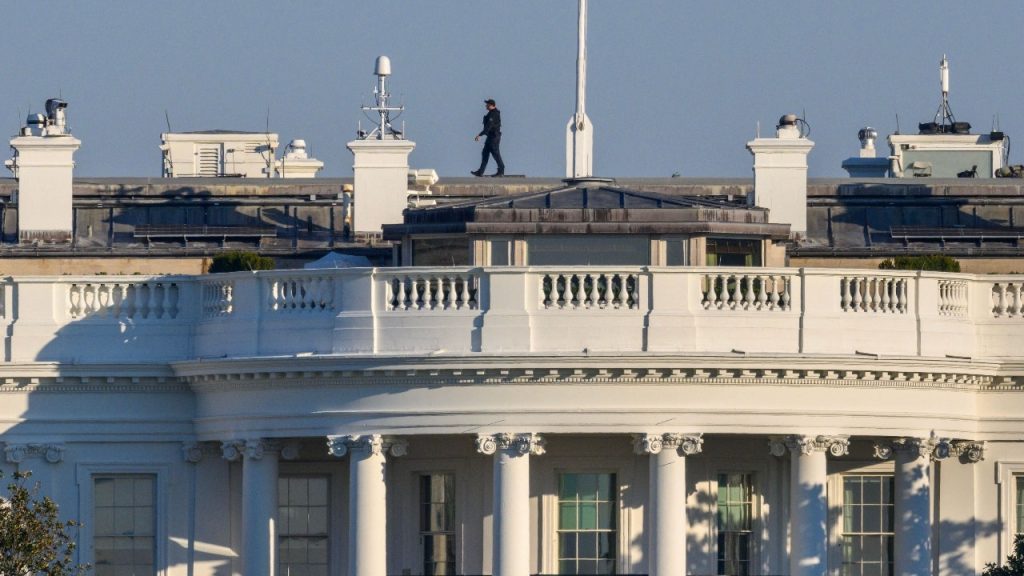Secret Service agents were forced to use Hollywood producer Tyler Perry’s mock White House in Atlanta for training scenarios due to the lack of funding for proper facilities, as revealed by investigative reporter Eric Lipton on The New York Times’ podcast, “The Daily.” The agency’s training equipment and spaces were described as poor, which was concerning following an assassination attempt against former President Donald Trump in Pennsylvania. The Secret Service also used the front half of a retired airplane for Air Force One protection training, highlighting the challenges they face in preparing their personnel for real-world scenarios.
Anthony Guglielmi, chief of communications for the U.S. Secret Service, explained that in 2014, an independent protective mission panel recommended the construction of a replica White House for training purposes. The actual White House is limited in its use for training due to its multiple functions, prompting the agency to seek alternative facilities. Former Director Kimberly Cheatle worked with Tyler Perry to study the White House replica in Atlanta and conducted training exercises there to assess its potential use for training future special agents, officers, and partner agencies.
Despite receiving more than $3 billion in funding from Congress last year, the Secret Service’s staffing numbers have slightly declined, while the number of protectees they are required to provide service to has nearly doubled since 2015. The agency is in need of better training and preparedness, especially in light of the recent assassination attempt against Trump where a gunman was able to get close enough to fire shots. There have been calls for improving the agency’s training facilities and equipment to ensure that such incidents can be prevented in the future.
The Secret Service has been grappling with the aftermath of the July 13 assassination attempt, which resulted in injuries to attendees and raised concerns about the agency’s ability to protect the president. Former Director Kimberly Cheatle resigned following the incident, and Acting Director Ronald Rowe was appointed to address the agency’s needs for protection assignments. Congress passed a bill aimed at bolstering Secret Service needs for security measures, acknowledging the challenges faced by the agency in providing adequate protection.
The Secret Service’s lack of proper training facilities and equipment has been a long-standing issue, dating back to security breaches at the White House in 2014. The agency has been in need of a dedicated training facility to better prepare its personnel for potential threats and emergencies, but funding for such a facility has been a challenge. The recent assassination attempt against Trump has underscored the importance of addressing these shortcomings and ensuring that the Secret Service has the resources it needs to protect the president and other dignitaries effectively.
Moving forward, the Secret Service is working with Congress and the Department of Homeland Security to advance the construction planning of the White House Defense Training Facility. The agency is grateful for Congress’s initial investments in the project, which is crucial for providing proper training for special agents, officers, and partner agencies. As the agency continues to grapple with funding issues and staffing challenges, there is a recognition of the need for ongoing support and resources to enhance security measures and ensure the safety of those under their protection.


